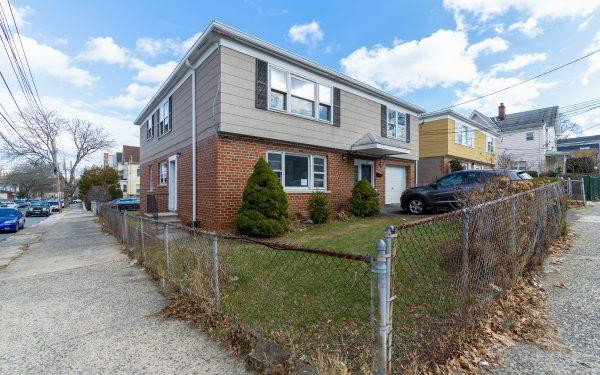The Journey to Homeownership: How to Buy a House
Buying a house is a significant milestone in many people's lives. It's a journey that involves careful planning, financial preparation, and informed decision-making. For most, it represents not just an investment but also a place to call home, create memories, and build a future. In this article, we will guide you through the process of buying a house, from setting your goals to closing the deal, ensuring that your journey to homeownership is a smooth and rewarding one.
1. Determine Your Goals and Budget
Before you start browsing listings, it's essential to set clear goals and establish a realistic budget. Consider what you need in a home, such as the number of bedrooms, location, and amenities. Think about your long-term plans; are you looking for a starter home, an investment property, or your forever home?
Once you've defined your goals, assess your financial situation. Determine how much you can comfortably afford for a down payment, monthly mortgage payments, property taxes, and insurance. Be sure to factor in additional costs like closing fees, maintenance, and utilities.
2. Build Your Credit and Save for a Down Payment
Your credit score plays a crucial role in securing a mortgage with favorable terms. Check your credit report, address any errors, and work on improving your credit score if needed. A higher credit score can result in a lower interest rate, saving you money over the life of your loan.
Additionally, save for a down payment. While there are programs that allow for lower down payments, having a substantial down payment can help you secure better loan terms and reduce your monthly mortgage payments.
3. Get Preapproved for a Mortgage
Getting preapproved for a mortgage is a critical step in the homebuying process. It involves submitting financial documentation to a lender who will assess your creditworthiness and determine how much they are willing to lend you. Being preapproved gives you a clear understanding of your budget and demonstrates to sellers that you are a serious buyer.
4. Start House Hunting
Once you know your budget and have your financing in place, you can begin the exciting process of house hunting. Work with a real estate agent who understands your needs and preferences. They can help you navigate listings, schedule viewings, and negotiate offers.
During your search, consider factors like the neighborhood, school districts, proximity to work or amenities, and the potential for future growth and property value appreciation. Don't rush this step; finding the right home may take time.
5. Make an Offer and Negotiate
When you find a house that meets your criteria, it's time to make an offer. Your real estate agent will help you draft a competitive offer that takes into account market conditions and the seller's asking price. Be prepared for negotiations, as the seller may counter your offer.
Remember that purchasing a house is a significant financial decision. Don't let emotions cloud your judgment during negotiations. Stick to your budget and prioritize what's most important to you.
6. Home Inspection and Due Diligence
Once your offer is accepted, you'll typically have the opportunity to conduct a home inspection. A professional inspector will assess the property's condition, identifying any potential issues or needed repairs. Based on the inspection report, you can negotiate with the seller to address concerns or adjust the purchase price.
7. Secure Financing
After your offer is accepted and the inspection is complete, you'll need to finalize your mortgage financing. Work closely with your lender to provide any required documentation and ensure a smooth approval process. Your lender will conduct a property appraisal to determine its value, and the final loan terms will be established.
8. Closing the Deal
Closing day is when you complete the purchase of your new home. It involves signing a significant amount of paperwork, including the mortgage agreement and property title transfer. You'll also pay closing costs, which typically include fees for the loan origination, title insurance, and other associated expenses.
Before closing, you'll have a final walk-through of the property to ensure it's in the agreed-upon condition. Once all the documents are signed, and the funds are transferred, you'll receive the keys to your new home.
9. Move-In and Enjoy
Congratulations! You are now a homeowner. It's time to move into your new house, make it your own, and start creating lasting memories. Don't forget to set up utilities, update your address with important organizations, and consider any immediate home improvement or maintenance needs.
For More Info:-

Comments
Post a Comment